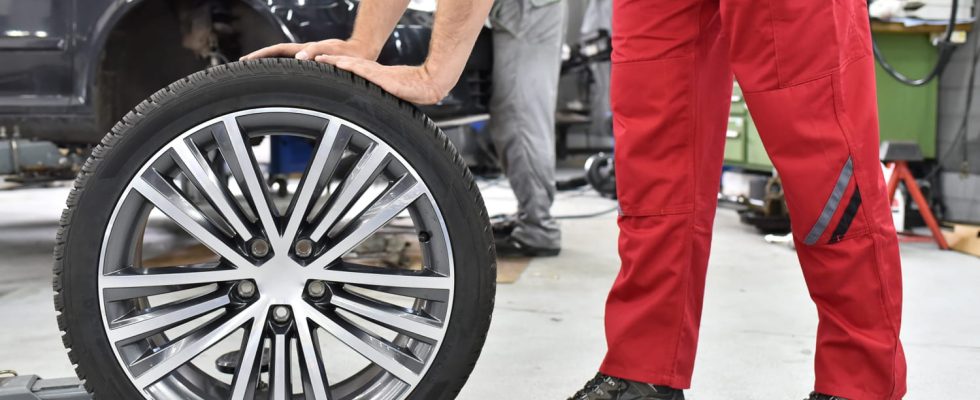It’s at this time of year that it makes sense to replace your car’s winter tires with summer tires.
Every season has its own tires. Even if “4 season” tires offer a good compromise, many motorists travel with cars fitted with winter tires and summer tires which are strongly recommended to be replaced twice a year. Yes, but when ? Contrary to their name, it is not just before winter and just before summer that it is recommended to mount these specific tires on your vehicle. Summer tires and winter tires are designed to meet different driving conditions and are suitable for different temperatures and types of surfaces.
Summer tires are designed for use in warmer temperature conditions, generally above 7°C. Their rubber is optimized for maximum grip on dry and wet roads during the hot months. Winter tires are specially manufactured for use in cold, snowy and icy conditions, generally below 7°C. Their rubber composition is formulated to remain flexible at lower temperatures, allowing for better grip on slippery surfaces. The tread patterns in the tire are deeper than summer tires, providing better traction and braking performance.
Rather than a precise date – even if the Mountain law in force in 34 French departments strongly encourages motorists to drive with winter tires from 1er November to March 31 – it is therefore more the outside temperature that we must rely on to know when to switch from winter tires to summer tires. The temperature of 7 degrees is the limit, but you obviously shouldn’t change your tires every time it goes below or above at the risk of spending your time at the garage. It is in fact towards the first days of spring, when temperatures become milder and are regularly above 7 degrees, that it is recommended to change tires. The weekend of the changeover to summer time, traditionally carried out on the night of the last Sunday in March, is a good way to remember that it is time to put on… summer tires.
Beyond all safety aspects, it is important to know that a car’s consumption also varies depending on the type of tires (and their wear). Summer tires, whose finer tread patterns offer less rolling resistance, save up to 5% on fuel compared to winter tires. That’s always the case.
